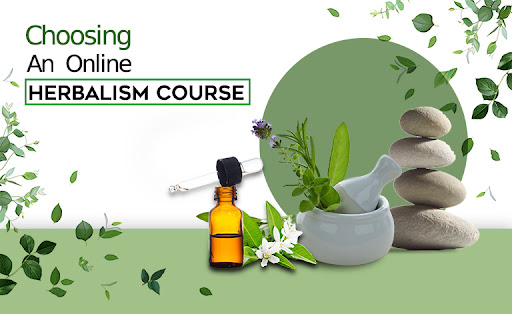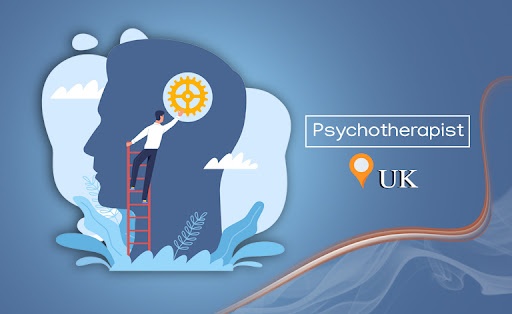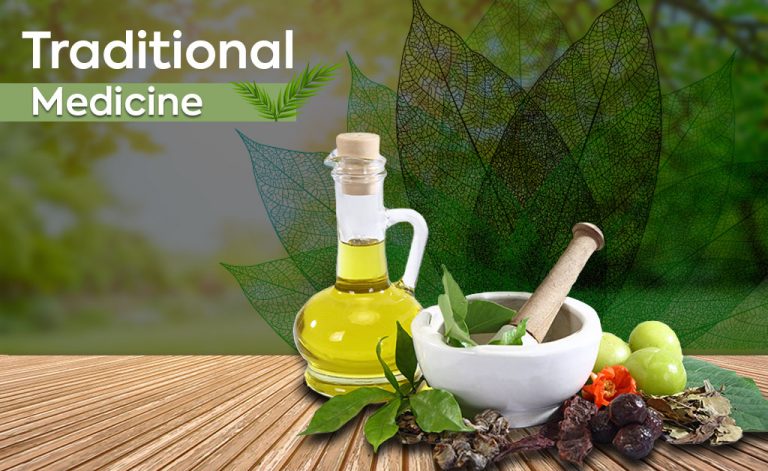Herbalism is the therapeutic use of plants to treat, prevent, and/or improve health. The use of plants as medicines remains customary in many cultures, despite the fact that there are now specialized training institutes for aspiring herbalists.
You can choose to enrol in top-rated online herbalism courses to study herbalism in any depth or simplicity that suits you. These variables rely on your goals, including whether you’re just curious, looking to change careers, want to improve your quality of life, and more.
Let’s find out what herbs do
Herbs, which can be used fresh or dried, are the leafy parts of plants that are usually used in cooking.
Any additional plant material, typically dried, is referred to as a spice. These include, for instance, roots (turmeric), barks (cinnamon), berries (peppercorns), seeds (cumin), flowers (chamomile), buds (cloves), and flower stigmas (saffron).
Whether a meal or beverage is sweet or savoury, herbs are a great way to enhance flavour and colour without adding fat, salt, or sweeteners. They often contain a unique set of health-improving qualities along with flavour and colour.
Fresh herbs typically have a delicate flavour, so if you’re cooking with them, add them before serving.
What are the advantages of Herbs?
Herb consumption may aid in the management and prevention of diabetes, cancer, and heart disease. Additionally, it may lessen blood clots and have anti-inflammatory and anti-tumour effects. Although research is ongoing, studies have revealed that:
- Lemongrass, fenugreek, linseed, and garlic may all decrease cholesterol.
- For those with modestly increased blood pressure, garlic is helpful.
- Fenugreek can help regulate insulin production and blood sugar levels (as can linseed, flaxseed and cinnamon).
- Numerous herbs, including mint, basil, oregano, sage, chives, leeks, onions, garlic, and onions can help prevent cancer.
- Herbs, particularly cloves, cinnamon, sage, oregano, and thyme, are abundant in antioxidants and can lower low-density lipoproteins (often known as “bad” cholesterol”).
- Comparing fresh herbs to processed or dried ones, fresh herbs frequently have higher antioxidant levels. Adding fresh herbs at the end of cooking or just before serving will help retain their health-promoting characteristics if you are using them primarily for that purpose.
A Career Overview in Herbalism
Various health professions, including naturopathic doctors, chiropractors, and herbalists, use herbal therapy. And, with more patients interested in alternative treatments and dietary supplements, even practitioners of conventional medicine may look into herbalism training to expand their skill sets.
If you have a degree in herbalism, you could be able to work as a doctor or nurse, grow or produce herbs, conduct ethnobotanical research, or instruct people in the use of herbal remedies.
Herbalists with training can expect their skills to be in higher demand. With more and more herbal medicines being proven beneficial through scientific research, the interest in herbal therapy is growing around the world.
According to official statistics, herbal medicine generates billions of dollars in revenue.
Conclusion
If you want to study herbalism and are willing to accelerate your career, enrol in the herbalism course offered by The College of Medicine and Healing Arts. We provide advanced herbal training courses by experienced herbal practitioners. We emphasise Tibb culture, which has a long history of promoting health and well-being.
Click here to explore our list of herbal training courses!



